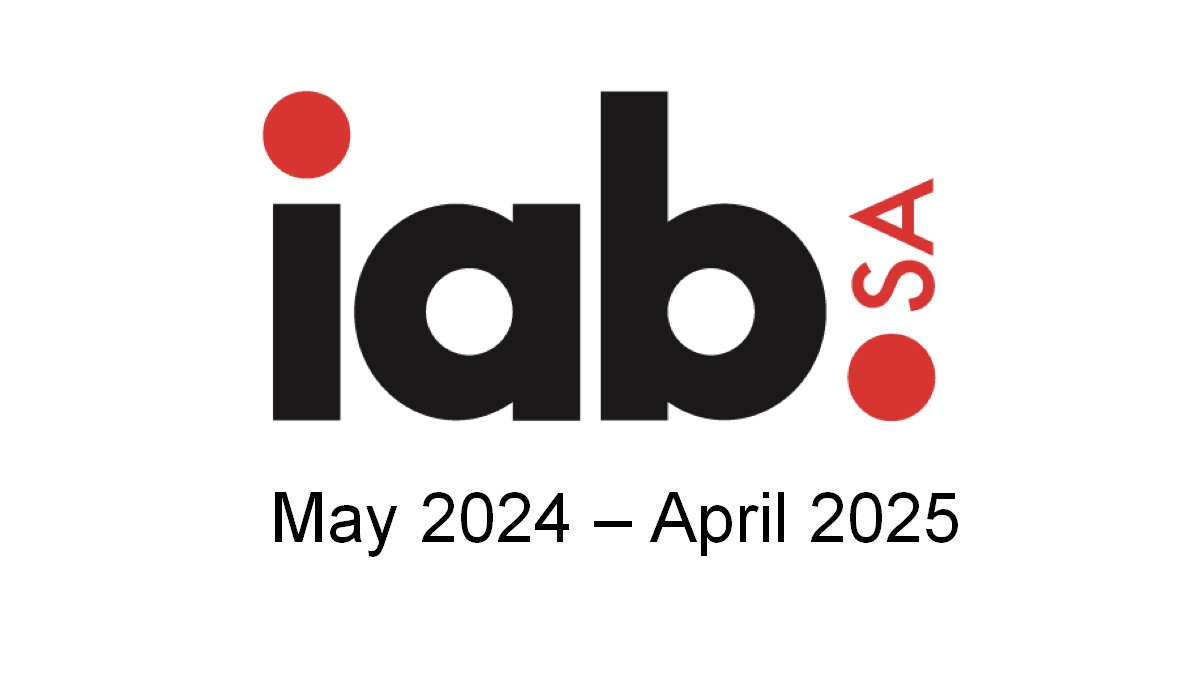President Cyril Ramaphosa has ordered the full implementation of the Basic Education Laws Amendment (Bela) Act as it is without changes to controversial clauses that were in contention.
In a media statement released on Friday, Ramaphosa said all leaders of political parties represented in the government of national unity (GNU) agreed that the Bela Act be fully implemented without making any changes to the clauses that were under debate.
Ramaphosa said he has instructed basic education minister Siviwe Gwarube to see to it that the Bela Act is fully implemented.
On September 13 2024, Ramaphosa signed the Bela Bill into law. However, he suspended the implementation of clauses 4 and 5 for three months to allow for further consultations.
Clause 4 of the Act gives the Basic Education Department greater control over admissions policy. While Clause 5 compels the school governing body to submit the school’s language policy to the provincial head of department for approval.
DA’s Gwarube tasked with facilitating implementation
Gwarube was not present during Ramaphosa’s signing ceremony of the Bela Bill in September. Her party, the DA, was opposed to the Bela Bill in its current form.
“At the time that I assented to the Bela Bill, I noted that a number of parties to the [GNU] and other key role players in our country had expressed their wish to further engage each other on sections of the bill that deal with issues of admission and language.
“I said that whilst I had assented to the Bill, in the spirit of cooperation and meaningful engagement, I would delay the implementation date of the BELA Act in totality by three months. This would give the parties time to deliberate on these issues and make proposals on how the divergent views may be accommodated,” said Ramaphosa.
Three months deadline
“I also said should the parties not agree on an approach at the end of the three-month period, I would then direct the minister and the department to proceed with the implementation of the Act. Over the last three months, discussions have been held with a view of reaching consensus on these outstanding clauses of the Bela Act.
“Various formations outside of government have also made representations, both for and against the relevant sections. Last week, I received a report from the GNU ‘clearing house’ mechanism. This is the structure which brings together the parties to the GNU and other parties represented in parliament to deal with contentious issues and thereafter report to the leaders of the political parties represented in the GNU,” said Ramaphosa.
GNU Clearing House addressed the concerns
“In their final report, the parties agreed that the Bela Act should not be sent back to parliament to make changes to the sections that were in contention. The GNU clearing house participants agreed that the Act be fully implemented. This view was endorsed by the leaders of the parties to the GNU in a meeting I held with them today.
“I accordingly advised them that I would proceed to sign a Presidential Proclamation to bring the Bela Act into operation from today. And I have instructed the Minister of Basic Education to see to the full implementation of the Bela Act.
“I have also instructed the minister to do what is necessary, as is customary with any law, to ensure that the timeframe of implementation – particularly with regard to the preparedness of the system for universal Grade R access – and the consequential regulations setting out the norms and standards, are prepared,” said Ramaphosa.




